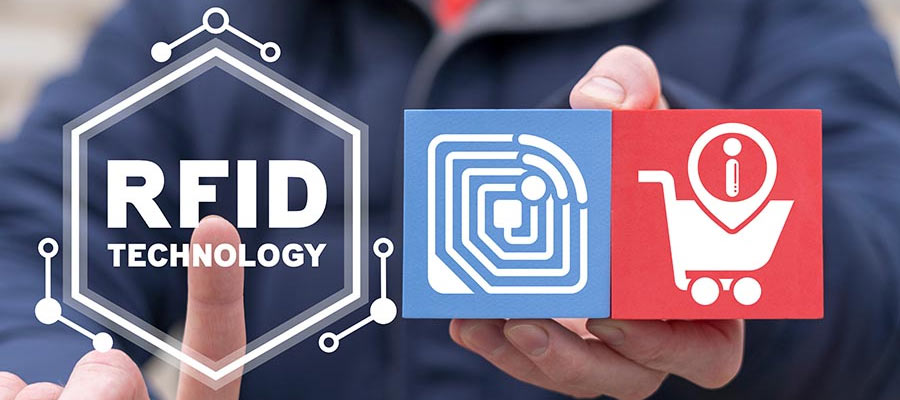
Most people today are aware of GPS and its uses, but many people are unaware that their daily life is most likely more dependent on RFID devices or systems than GPS. Before going further, one must find understand that RFID stands for Radio-frequency Identification and that it involves a device emitting a radio frequency which will then be received and interpreted by a receiver. Simply put, RFID devices are devices that can be tracked and monitored by a company’s logistics department. Although GPS can provide similar functionality, they are also much less cost-effective and power efficient, which means that the number of devices in our daily lives equipped with RFID will surprise you. It may also surprise you to discover how many of the RFID systems around you were installed by Orbital Installer Technologies.
- Cars: RFIDs are commonly used in conjunction with GPS devices in order to track a vehicle from multiple methods. Car dealerships or rent-a-car services, for example, will typically equip their vehicles with an RFID tag and assign automation to it, such as setting up a system that immediately alerts the dealership’s staff if a car has been removed from the lot without permission.
- Pets: No, pets are not devices, but most household pets are “chipped” with basic radio-frequency identification so that they can be identified and tracked in the event that they are separated from their family. This allows any veterinarian or animal control official to correctly identify and return any lost pets to their respective homes. Additionally, the RFID chips are much smaller than what a similarly priced GPS device would cost, which means it is relatively inexpensive for families to chip their household pets.
- Entrances: If you have ever been a member of a twenty-four-hour gym, you may have been provided with a keycard for the entrance. That keycard counts as an RFID device, allowing the cardholder access to the building. In this case, the “receiver” or “reader” would be the machine that scans your gym membership card. There are other examples of these, such as sports facilities, event halls, tourist sites, and more.
- Passports: A passport contains a lot of your personal information, and it also contains an RFID chip that helps authenticate the passport holder’s identity. This means that even if someone took the time to replicate each page of your passport, they still wouldn’t be able to sneak past the RFID check afterward.
Why Devices Still Use RFID
Some consider RFID devices old-fashioned, yet even they cannot deny the convenience and efficiency of implementing RFID devices into their business or daily life. While fingerprint sensors and GPS tracking can be awe-inspiring at times, they lack the simple reliability of RFID devices, which is why they are still in such widespread use today. That’s why it’s important to strike. At the same time, the iron is hot. Contact an expert from Orbital Installer Technologies to learn how to implement RFID devices in your life – professionally and personally.
